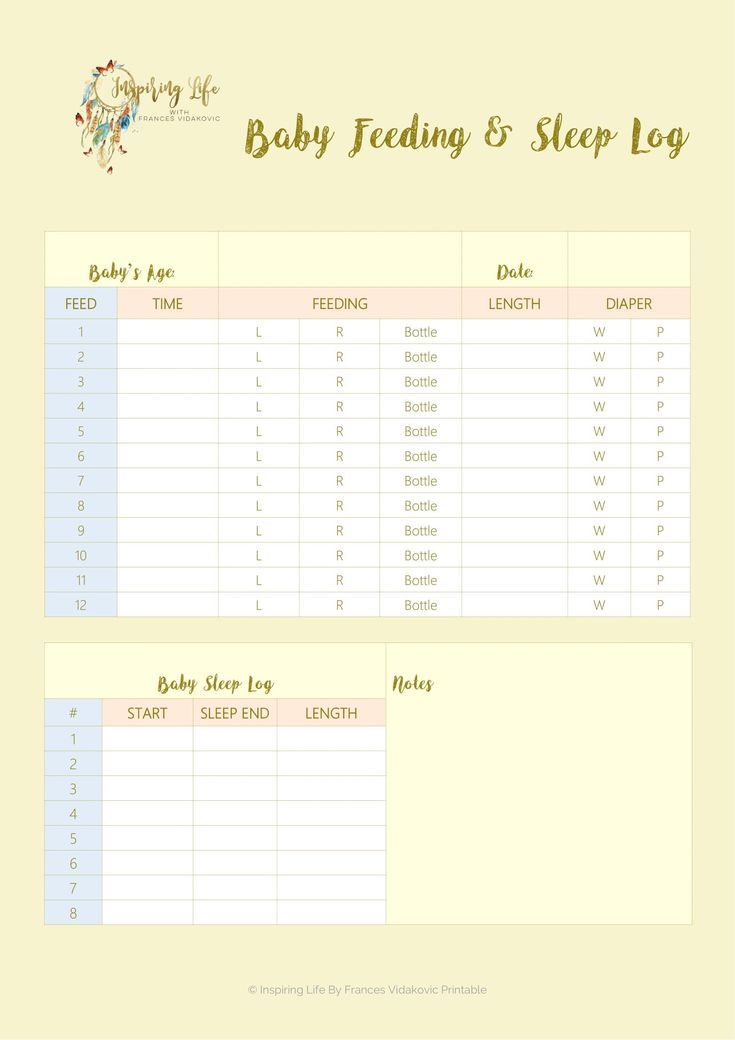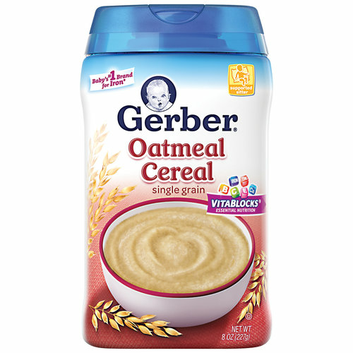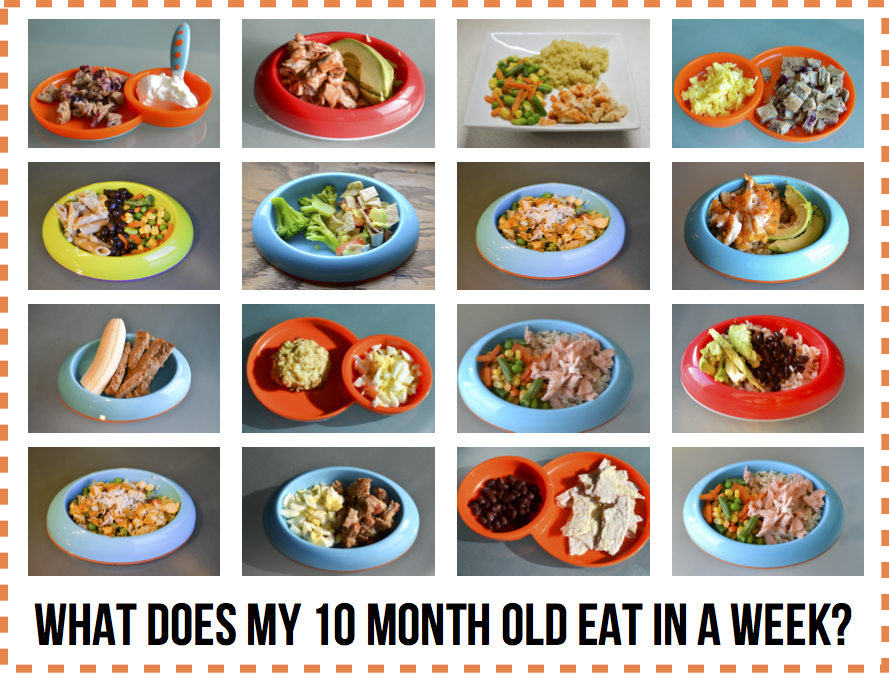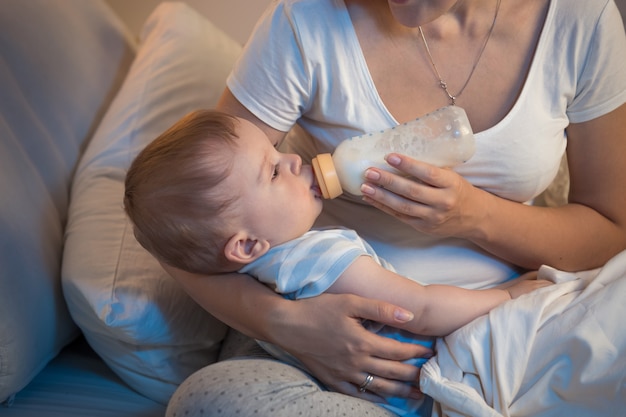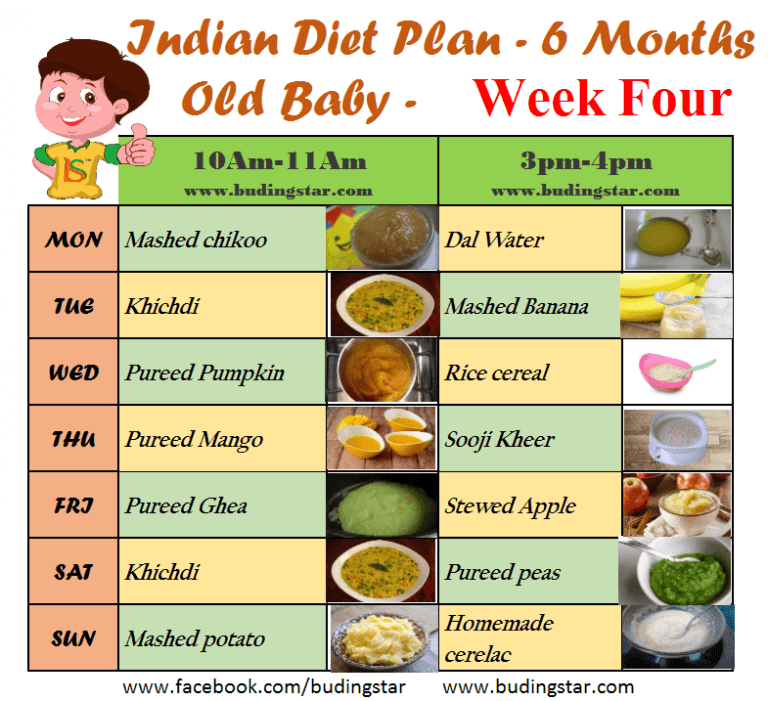Baby straining when feeding
Newborn Grunting: Why Is This Happening?
Is it normal?
It may sound strange to you, but the occasional grunts coming from your newborn are perfectly normal.
As a new parent, you listen to every little sound and movement your baby makes. Most of the time, your newborn’s gurgling noises and squirms seem so sweet and helpless. But when they grunt, you may begin to worry that they’re in pain or need help.
Newborn grunting is usually related to digestion. Your baby is simply getting used to mother’s milk or formula. They may have gas or pressure in their stomach that makes them feel uncomfortable, and they haven’t learned yet how to move things through.
While most grunting is normal, if your baby is grunting with every breath, has a fever, or appears to be in distress, see your doctor.
This grunting may be a sign of a more serious respiratory problem and needs immediate attention.
The cause of newborn grunting
When your baby grunts, it usually means they’re learning how to have a bowel movement. They haven’t yet figured out how to relax the pelvic floor while also using abdominal pressure to move stool and gas through their system. Their abdominal muscles are weak, and they must bear down with their diaphragm against their closed voice box (glottis). This leads to a grunting noise.
They will grunt until they can figure it out, so it may take a few months for your newborn to produce a bowel movement or pass gas without grunting. Some people call this grunting baby syndrome (GBS). Rest assured, it’s fairly common and rarely a sign of something serious.
Babies may also look like they’re straining, and a newborn’s head may turn purple or red in color. This may last for several minutes, according to an article in the Journal of Pediatric Gastroenterology and Nutrition (JPGN).
This shouldn’t be confused with constipation. Your newborn’s system is working correctly to produce excrement. Your baby just hasn’t figured out how to move it through. While the grunting is unpleasant, your newborn simply needs to get used to its new world.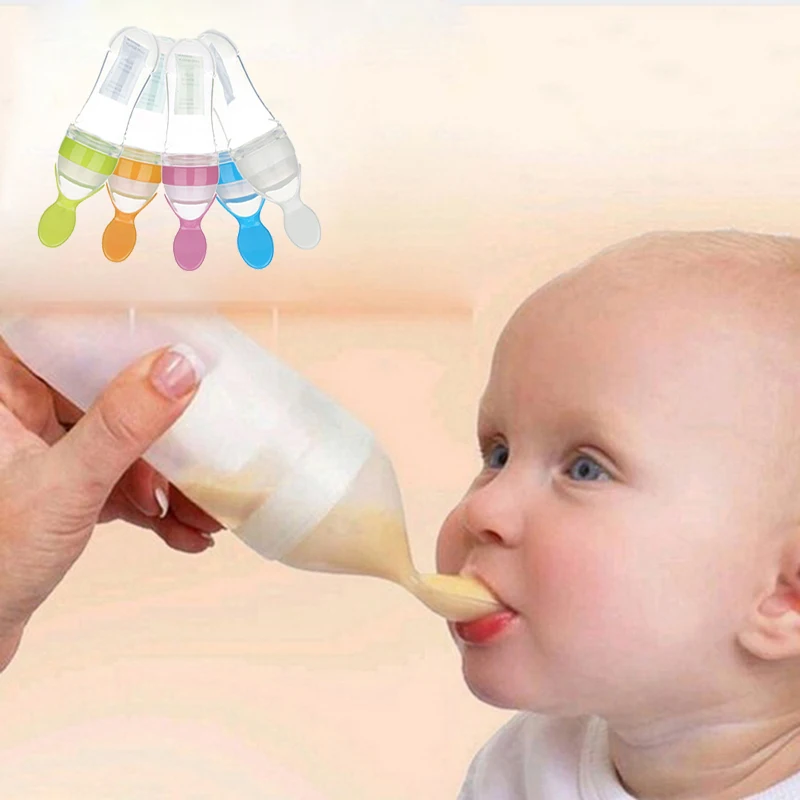
The remedies
You should confirm with your doctor that your baby’s grunting is normal.
If your grunting baby is simply learning how to have a bowel movement, the only true cure is for your newborn to learn how to relax their anus while pushing with their abdomen. This is something your baby will learn with time through trial and error.
Some doctors recommend that parents help their newborn by providing anal stimulation. This involves use of an anal thermometer or a piece of cotton to help stimulate the bowel. While this method usually works to help your baby have a bowel movement, it may have negative side effects in the long run. Your baby may eventually become dependent on this method to have a bowel movement. According to JPGN, repeated use of this method will delay your infant’s ability to learn the correct process for passing stool.
In most cases, the grunting starts in the first months of life and resolves on its own after a few weeks. Every baby is different.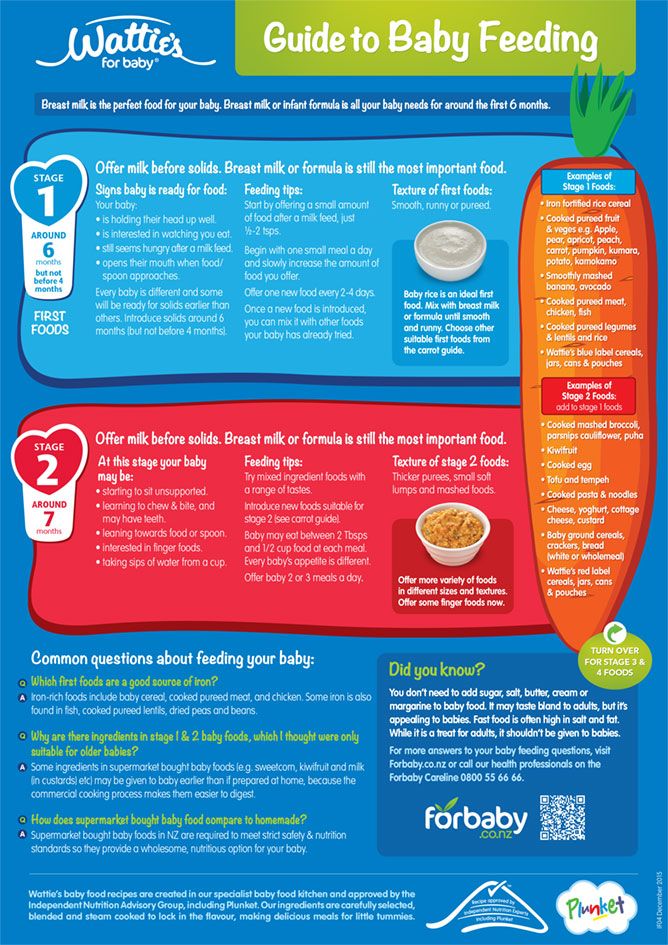 It all depends on how long it takes for your newborn to master the coordination of its bowel movements.
It all depends on how long it takes for your newborn to master the coordination of its bowel movements.
When to be concerned
The grunting of a healthy child learning how to deal with digestion is different from the grunting of a sick baby.
Grunting with every breath is never normal. Grunting at the end of every breath could be a sign of respiratory distress.
If your baby is grunting often and also has other signs of illness, such as a fever, or appears to be in distress, see your doctor. This could be a sign of a serious medical condition and requires immediate attention.
Grunting with breathing could be a sign of:
- asthma
- pneumonia
- sepsis
- meningitis
- heart failure (which causes fluid to build up in the lungs and a shortness of breath)
Check for other signs of respiratory distress or illness to determine if your baby’s grunts are normal or a sign of another problem. Other signs of respiratory problems include:
- blue tongue or skin
- weight loss
- fever
- lethargy
- nasal flaring
- pauses in breathing
The takeaway
Watching and hearing your baby struggle may be difficult, but in the end, it’s important to let them figure it out on their own.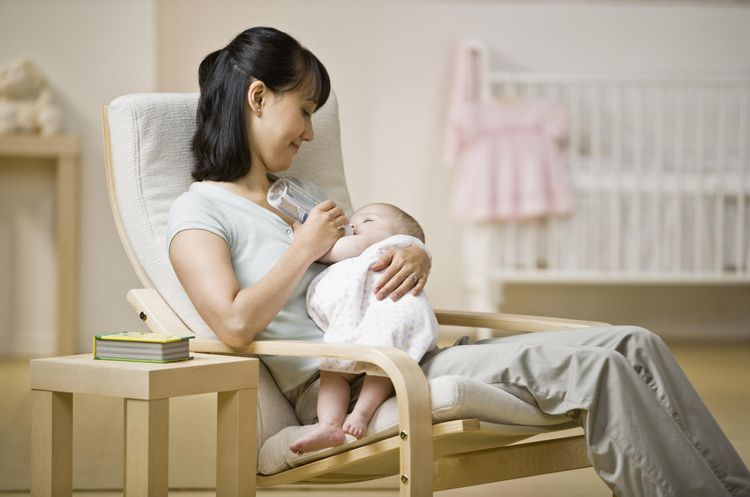
Grunting may seem a little scary, but it usually serves a very useful and healthy purpose for your baby. If your baby is healthy, active, appears happy, and is eating well, grunting is rarely a sign of illness.
See your doctor for a checkup if you have questions or concerns about your grunting baby.
And treat grunting with every breath as a medical emergency.
Understanding Colic | Colic Calm
Toggle Nav
Menu
Account
Shop Now Store Locator
Dealing with a colicky infant can be the most frustrating and anxious period of parenthood. The joy and elation of your newborn’s arrival is suddenly replaced by suffering, sleeplessness and even panic. Many parents feel powerless to control or even alleviate baby’s incessant shrieking as if in agony. Feeding, comforting, back rubs, pacing the floor with baby clutched in your arms for hours on end, nothing seems to work. Like the pain of childbirth it is an experience most mother’s would rather forget.
Like the pain of childbirth it is an experience most mother’s would rather forget.
Symptoms of Colic
Infant colic is not a disease but rather a condition characterized by a collection of symptoms. There is no specific test for colic but rather it is the symptoms themselves that indicate a colic diagnosis:
- Baby cries vigorously for long periods, despite efforts to console
- Symptoms manifest around 2 to 4 weeks of age, peak around 2 months and subsides after 3 to 4 months
- Episodes begin and end abruptly around the same of time of day, often after meal times in the late afternoon or evening
- Baby shows signs of gas discomfort and abdominal bloating. Colic symptoms often disappear shortly after a bowel movement or passing gas.
- Baby strains while crying as if in pain. You may notice that the knees are pulled up to the chest, clenched fists, flailing arms and legs or an arched back.
- Baby shows signs of "pushing" or "straining" as if during a bowel movement.
 The face may flush or turn red.
The face may flush or turn red. - Baby demonstrates irritability, fussiness and difficulty falling asleep
In 1954, a renowned pediatrician named Morris Wessel introduced the modern definition for colic as an "otherwise healthy baby who has paroxysms (i.e. outbursts) of crying, irritability and fussiness lasting for more than three hours per day, more than three days per weeks for a period of three months". This definition is sometimes referred to as the "rule of threes" and is used by pediatricians to this day. Colic is very common affecting roughly a quarter of all babies born in the United States but since babies may experience partial symptoms or express colic symptoms to different degrees it is hard to determine an exact percentage.
It is important to distinguish between a "high-needs" babies who may be very fussy but don’t meet the strict Wessel definition of colic. Another difference is that high needs babies are fussy by temperament whereas a baby with colic appears to be genuinely in pain. High needs babies respond well to consolation and parental attention whereas colicky babies do not. To compare your child’s symptoms to the observations of other parents take our brief symptom survey.
High needs babies respond well to consolation and parental attention whereas colicky babies do not. To compare your child’s symptoms to the observations of other parents take our brief symptom survey.
In most cases infant colic resolves itself naturally within 3-4 months but for many parents that can seem like an eternity. In rare cases colic has been known to last for as long as 12 months. Colic is unlikely to cause the child any lasting harmful effects but there are exceptions. The National Center on Shaken Baby Syndrome (NCSBS) estimates that nearly 90% of SBS and abusive head trauma cases are triggered by inconsolable crying which are often the result of colic. While there is never an excuse for shaking a child the seemingly endless wailing can certainly take a toll on the frayed nerves of parents and siblings. Many of our customers swore they would not have even considered having more children had it not been for their discovery of Colic Calm while others assert it saved their marriage.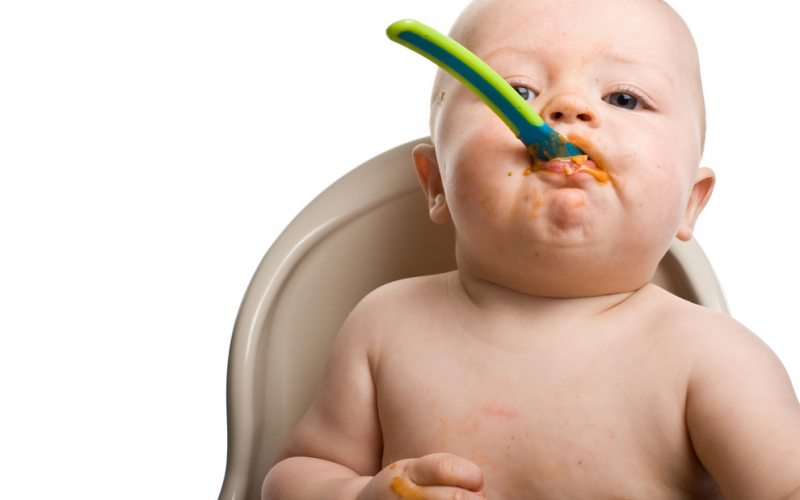
The Theories of Colic
While there is no scientifically proven cause for colic most experts point to gastrointestinal discomfort as the likely trigger. In fact the word colic is derived from the ancient Greek word pronounced "kōlon" meaning intestine. If babies could talk and tell us the precise location and nature of their discomfort the medical community would have a much more definitive understanding this condition. There are at least nine theories proposed to explain the source of colic, but because colic has no precisely defined cause, but rather is a collection of different symptoms, it is quite likely that colic may be due to different factors in different babies. A multi-causal explanation also makes sense because colic symptoms often manifest in different ways in different babies.
Theory of Colic | Evidence | Treatment*(consult your child’s physician before beginning or changing any treatment) |
| 1. Gas, which is a natural by-product of digestion, can become trapped and baby’s immature digestive system is unable to cope often causing baby to strain and cry. When painful gas pressure builds up in the intestines it can also cause an intestinal blockage which in turn can cause baby to reflux. Hence some babies display the symptoms of reflux and gas in combination. | Colicky babies often display signs of intestinal bloating, a hard distended abdomen and signs of "pushing" or "straining" as if during a bowel movement. Colic symptoms often disappear following a bowel movement or passing gas. | A baby’s gas discomfort can be relieved through natural gas relief remedies such as Colic Calm, tummy massages, more frequent burping and a variety of other techniques. |
| 2. Gastroesophageal Reflux (GER) | Dr. Vartabedian points to the similarities between colic symptoms and infant reflux and cites data points such as; 65% of 4-month olds of infants have GER, and nearly 70% of babies between 4 – 6 months of age spit up at least once per day. However, other clinical studies suggest that reflux drugs have little or no beneficial effect on colic and that reflux is only a factor in a small minority of cases. According to Dr. Eric Hassall, a pediatric gastroenterologist at Sutter Pacific Medical Foundation; the results of at least four clinical trials now show that these drugs work no better than a placebo in treating infants with reflux. | There is a growing trend of treating infant colic with prescription reflux drugs such as PPIs and h3 antagonists that suppress the body’s production of stomach acid. Unfortunately synthetic reflux drugs have side effects because they disrupt the body’s natural digestive process. Stomach acid is essential for proper absorption of certain nutrients such as calcium, folic acid and vitamin B and it also helps protect the gut from infection. Colic Calm is a natural and side effect free alternative to reflux drugs and unlike synthetic drugs does not require regular dosing. Colic Calm does provide quick symptom relief upon onset of reflux and can be kept on-hand and applied only upon symptom occurrence. If baby suffers from reflux it is usually advisable to prop up the baby on an incline during sleeping and feeding as this may prevent spit-ups and reflux. Some parents use a specially designed wedge. Visit our reflux page for more information about reflux. |
| 3. Milk Protein Allergy | Increased quantities of gas and other forms of gastrointestinal discomfort from milk protein allergy are similar to the symptoms of colic. | Consult your pediatrician promptly if you suspect a milk protein allergy. |
| 4. Transient Lactase Deficiency (TLD) | Increased quantities of gas and other forms of gastrointestinal discomfort from lactose intolerance are similar to the symptoms of colic. | If baby is formula fed, a lactose free formula may help. Suggestions on our gas relief page may also help alleviate discomfort from gas. *Colic Calm is not intended to treat the underlying cause of TLD. |
| 5. Food Allergy Likewise elements found in formula, such as cow’s milk proteins, may affect formula fed babies. | Increased quantities of gas and other forms of gastrointestinal discomfort from food sensitivities are similar to the symptoms of colic. | If breastfeeding, discontinue suspected foods in your diet to see if symptoms improve. If this happens, gradually reintroduce specific foods until symptoms return. In this way you can identify the culprit, if indeed food insensitivity is the cause. Formula fed babies may switch to a hypoallergenic formula. |
| 6. The Fourth Trimester Theory This theory states that colic is the result of baby’s immature nervous system being disturbed by the nerve signals occurring before a bowel movement known as the gastro-colic reflex. The GC reflex is an autonomic nervous function in the gut that triggers the intestines to begin working as food is processed through the stomach. | While Dr. Karp has received some high profile celebrity endorsements, there is limited direct scientific or clinical data to substantiate his theory. It does appear that the "5 S" techniques work for some children but it does not necessarily follow that the 4th trimester theory is correct. | Dr. Harvey recommends the application of the 5 S’s be performed in combination to calm and sooth babies restlessness; swaddling (i.e. wrapping baby tightly in a swaddling blanket), side stomach position, shushing sounds, swinging, and sucking through the use of a pacifier. The steps are intended to reproduce the reassuring environment that baby experienced in the womb. |
| 7. Immature Nervous System | While it is true that overstimulation can make a baby more fussy and colicky, there is not much evidence to support these theories as the underlying cause of colic. A 1991 study concluded that mothers who were coached to carry their colicky baby’s and to be more "responsive" had no reduction in crying. | Since colic is by definition "inconsolable crying" efforts to console will not work. If baby’s fussing is due to pain and not nervous anxiety then try the tips list at the end of this article. |
| 8. Maternal Anxiety However, since babies are sensitive to their surroundings too much stimulation or emotional stress may aggravate baby’s colic if the condition is already present. | While a colicky baby is guaranteed to cause a mother to stress, there is no evidence whatsoever that colic is caused by a mother’s state of mind. Colic is not caused by bad parenting or baby somehow sensing emotions from either parent. | Colic will cause stress for the entire family and especially mom. Talk to a friend or family member and stay positive. Taking action such as the suggestions listed below can help overcome the feeling of frustration and helplessness. If possible try to share the load by enlisting a reliable caregiver such as a friend or family member. |
| 9. Bacterial Imbalance | It is unclear if it is the absence of benevolent bacteria or the simply presence of bad bacteria that cause baby’s digestive discomfort. However, several studies show supplementation of probiotics (i.e. benevolent bacteria) can reduce the duration of colic in infants. A University of Texas study also linked the Klebsiella bacteria to about half of the colicky babies in their sample. | Supplementing infants diet with probiotic drops, particularly Lactobacillus reuteri, indicated for infants may reduce colic symptoms if performed consistently over a period of several weeks. Use of Colic Calm as needed should alleviate excess digestive discomfort during the period of multiple weeks that probiotics require to take effect. |
Tips and Remedies for Colic
The most frustrating aspect of colic is the apparently inconsolable nature of baby’s discomfort. While parents often feel helpless, there are steps that may provide you and your baby with comfort and help boost everyone’s sleep. You can not only alleviate your babies suffering but also limit the duration of colic by following some of these tips below but because every baby is different and causes may vary, not every tip will work. Some trial and error is required.
While parents often feel helpless, there are steps that may provide you and your baby with comfort and help boost everyone’s sleep. You can not only alleviate your babies suffering but also limit the duration of colic by following some of these tips below but because every baby is different and causes may vary, not every tip will work. Some trial and error is required.
- Keep a Colic Diary: By documenting your babies colic episodes you may be able to help yourself and your pediatrician anticipate episodes and even pinpoint the cause. A colic diary should contain a record such as the time of day the episodes started and their duration, sleeping and eating patterns, what soothing strategies you’ve already tried and their effect, the sound of baby’s cry, your baby’s behavior, body posture during episodes and smell and color of stool and urine.
- Gripe Water: For over a hundred years, gripe water has been a trusted remedy for colic used by pediatricians, nannies and millions of parents all over the world.
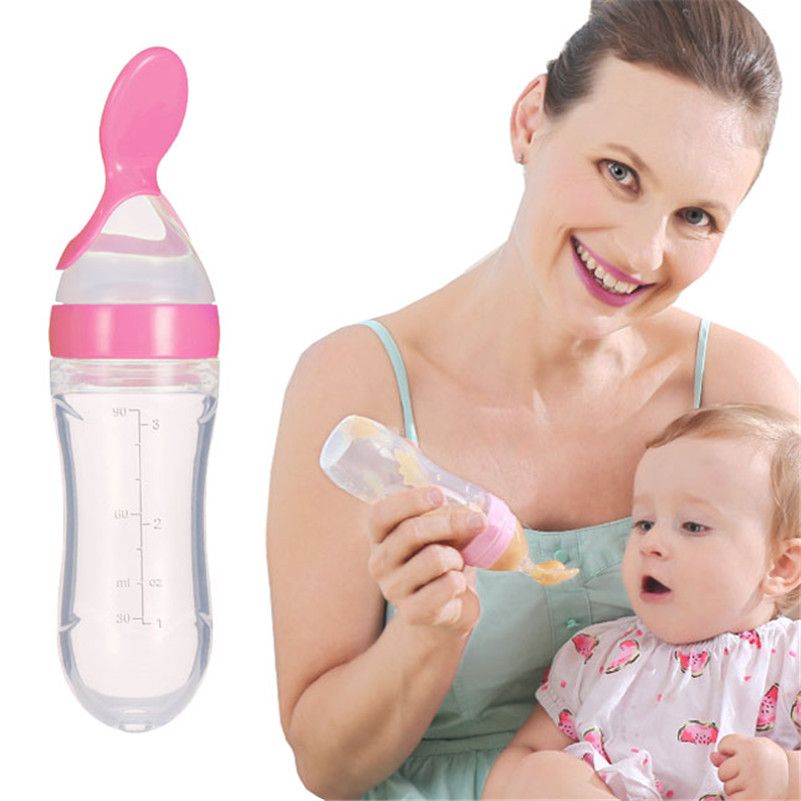 The best quality of gripe water should be FDA listed for safety and efficacy, contain all-natural ingredients and be manufactured according to strict FDA regulations for good manufacturing practices (GMP) for homeopathic medicines. Colic Calm® is the only gripe water that meets this high standard, and it works quickly; usually within five minutes or less, providing safe and effective relief with no side effects. Many parents simply describe Colic Calm as the miracle medicine.
The best quality of gripe water should be FDA listed for safety and efficacy, contain all-natural ingredients and be manufactured according to strict FDA regulations for good manufacturing practices (GMP) for homeopathic medicines. Colic Calm® is the only gripe water that meets this high standard, and it works quickly; usually within five minutes or less, providing safe and effective relief with no side effects. Many parents simply describe Colic Calm as the miracle medicine. - The Colic Hold: – The colic hold uses gravity to apply gentle pressure to your baby’s abdomen. This may help baby expel gasses and increase motility in the gut. Carry baby face down with baby’s tummy resting on your forearm, baby’s legs straddling your elbow and baby’s chin resting in your hand. You can give baby a gentle back rub for additional pressure. A similar result can also be achieved by putting baby face down on your leg, whilst you are seated. Alternately try the neck nestle; where baby’s head is placed in the groove between chin and chest and lean back slightly whilst holding baby upright to place gentle pressure on the tummy area.
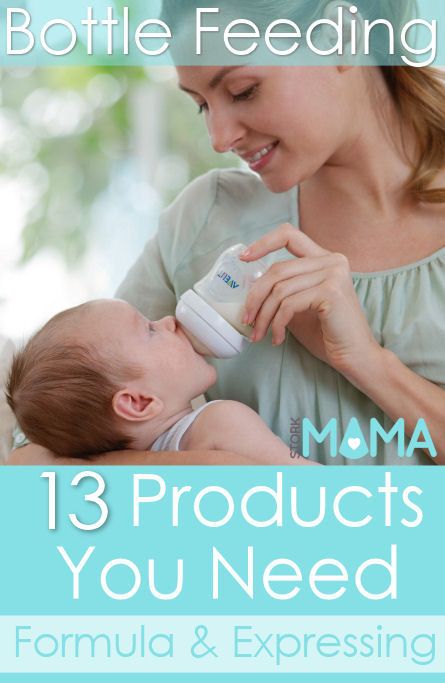
- Herbal Tea – Lukewarm herbal teas are an old "folk remedy" for colic. There is some evidence that fennel tea in particular may help.
- Sound: Background sounds from the womb can be simulated using a white noise from a hair dryer, vacuum cleaner, tumble dryer, radio static or shushing.
- Music: Recorded lullabies or just singing to your baby may work at least by distracting baby’s attention from discomfort, not to mention soothing the frayed nerves of mom and dad.
- Motion: A gentle rocking, vibrating motion or slow dance can soothe an upset baby. You can hold baby in your arm, a cradle, swing or even take baby for a car ride. You can also sit on an exercise ball to create the bouncing motion many babies love.
- Probiotics – Babies treated with a special type of oral probiotic available for infants, such as Lactobacillus reuteri have been shown in studies to have reduced crying episodes when compared to a placebo group.

- Massage – A gentle stomach massage has been known to help some babies relieve the digestive discomfort associated with colic and to improve the motility of trapped gas.
- Cuddling, Swaddling and Holding: Keeping your baby close in your arms, swaddled in a blanket or in a sling may help calm your fussy baby. This creates a warm and confined environment more like the womb.
- Simethicone: – This drug it referred by some doctors as a remedy for gas. While simethicone is relatively safe there is also no evidence that it actually works any better than a placebo and studies have actually shown it to be completely ineffective.
- A Warm Bath – May relax baby especially if combined with aromatherapy (such as with scented soap or bath oils).
- Pacifiers – Can help baby calm down by triggering the sucking reflex.
- Increase Frequency of Feedings – Shorter and more frequent feeding may help placate your baby if hunger is a factor in the fussiness and the sucking reflex certainly has a calming effect on infants.
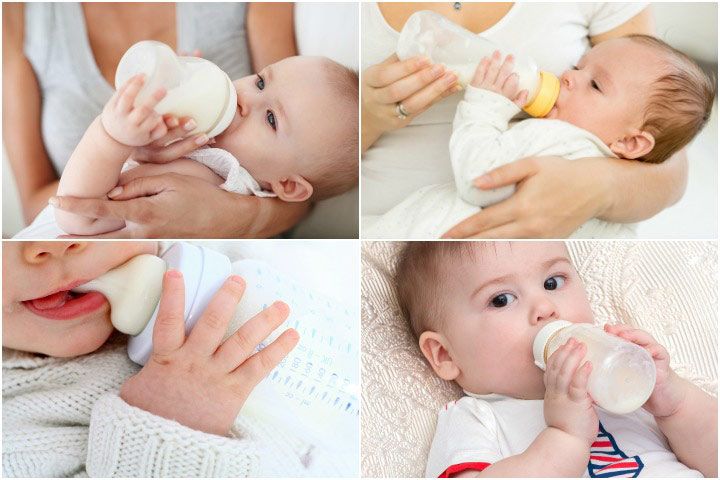 Be careful not to overfeed as this could actually worsen symptoms. If breastfeeding empty one breast completely before switch sides as the hindmilk has less lactose which could trigger increased gassiness.
Be careful not to overfeed as this could actually worsen symptoms. If breastfeeding empty one breast completely before switch sides as the hindmilk has less lactose which could trigger increased gassiness.
Try keeping a colic tips checklist like the one below to determine what worked best for your baby and discuss with your child’s pediatrician or health care provider.
* Disclaimer: The information on this website is not a substitute for professional medical care for the prevention, diagnosis, or treatment of your child’s condition. Please consult with your child’s doctor or pharmacist before trying any medication (prescription or OTC) or following any treatment plan mentioned. This information is provided only to help you be as informed as possible about your child’s condition. You should consult your child’s physician if you are concerned about symptoms as your doctor may be able to identify or exclude certain causes of your child’s discomfort.
🔍 frequent questions about pregnancy and answers to them
vision during feeding
Complain
17 May 2016 11:39 at Personal journal , after we finish eating the breastfeeding. But during the breastfeeding, the child begins to grunt, grumble, be indignant, as if something is bothering her or her tummy is twisting, I don’t even know. What could it be? Can this addiction to complementary foods manifest itself in this way, against the background of the intestines? Maybe someone did?
But during the breastfeeding, the child begins to grunt, grumble, be indignant, as if something is bothering her or her tummy is twisting, I don’t even know. What could it be? Can this addiction to complementary foods manifest itself in this way, against the background of the intestines? Maybe someone did?
How should the baby behave during feeding?
Complain
September 7, 2016 12:18 at Personal Journal
Girls, how should a child behave while eating? How are yours behaving? My baby jerks his arms and legs a lot while eating, groans, pushes, rolls over onto his back, etc. Eats quietly only the first 3-5 minutes. We will be a month old in 3 days. The tummy is bothering ... Do I need to try to pacify it? well, for example, hold it tightly with your free hand .. (although this does not help much)
0 3377Pregnancy to-do list: how to prepare for your baby
Complain
19 November 2020 15:26 at Personal journal
how to take care of a baby. The longer the term became, the greater was the panic in the eyes. I read a lot of books, watched videos on YouTube, but in the end I was still not ready for the birth of a child. Knowledge was forgotten, everything was mixed up in my head. Moreover, I did not understand why, if newborns sleep 20 hours a day, mothers always complain that they do not have time to do anything? How is the day with the baby? Therefore, I will share my opinion on what really needs to be studied during pregnancy, and what to prepare for at all. I note that all children are different, and yours may be different! Things to Do During Pregnancy…
The longer the term became, the greater was the panic in the eyes. I read a lot of books, watched videos on YouTube, but in the end I was still not ready for the birth of a child. Knowledge was forgotten, everything was mixed up in my head. Moreover, I did not understand why, if newborns sleep 20 hours a day, mothers always complain that they do not have time to do anything? How is the day with the baby? Therefore, I will share my opinion on what really needs to be studied during pregnancy, and what to prepare for at all. I note that all children are different, and yours may be different! Things to Do During Pregnancy…
Grunts and strains during and after feeding suffers (this is still easily said) pushes, groans, then cries during and after feeding. The tests are clean, feces for carbohydrates by zero. The pediatrician diagnosed lactase deficiency by eye (feces are slightly frothy, liquid and a moderate amount of mucus are present). I don’t know how trust the pediatrician. Who has had this in practice? Why is it? What is it? How did you cope? I don’t use any milk and sour milk, only 2 slices of cheese for breakfast.0003 1 423397
Who has had this in practice? Why is it? What is it? How did you cope? I don’t use any milk and sour milk, only 2 slices of cheese for breakfast.0003 1 423397
question the child grunts!!!
Complain
June 15, 2013 18:26 at Personal journal
Girls, tell me Taechka, for the second day already, loudly and nasty grunts, as if tickling in her throat. After feeding, while crawling, before whims, in the bath, she seems to express emotions in such a way. She grunts so that my own throat is tearing ... and in the end she breaks into a slight cough. Onazh so-so will tear your throat and your voice will break. What if something really tickles ... or is this how a cough manifests itself?
0 1842I really need your advice! The child crechts and squirms while eating ((
Complain
December 30, 2014 07:54 at Personal journal
l and b, but it doesn’t seem to help.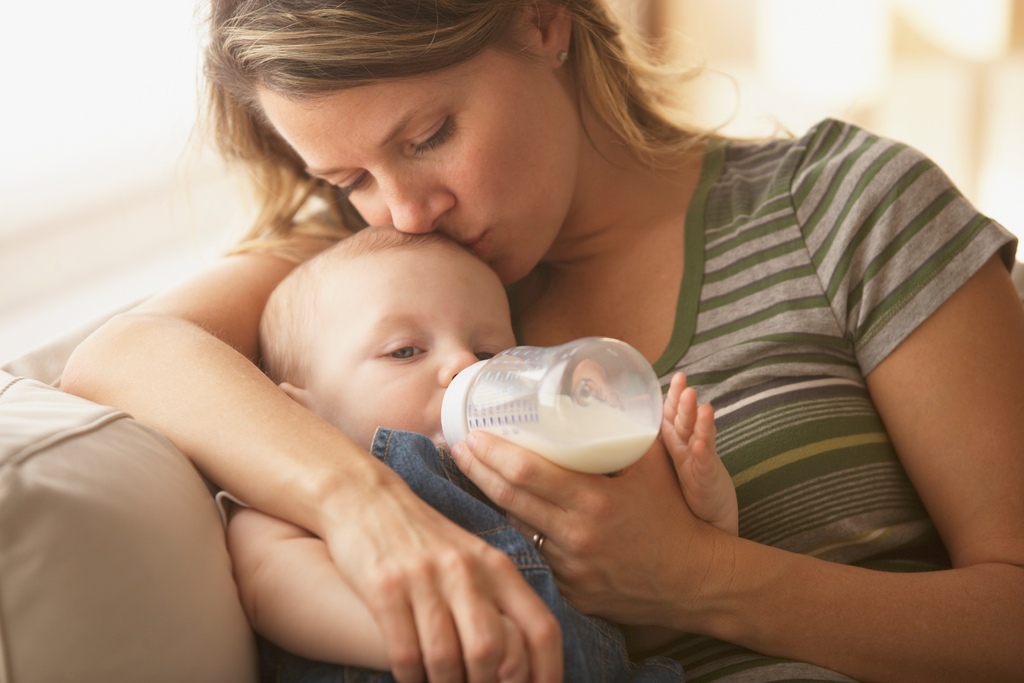 He starts to grunt and push while eating, and then he can’t fall asleep because of this for about an hour, sometimes he burps even, so the poor stool tenses regularly, yellow, but liquid with water. Gases too they leave well, we do massage before feeding, Bobotik 3 times a day. Our pediatrician can’t comment on this normally. She said, “well, there are such crackpots and they cry for up to a year and a half” But this is not normal! We are also suffering as a child! Girls, help! In what there can be a problem? Who faced? Maybe this dysbiosis begins?0003 0 20699
He starts to grunt and push while eating, and then he can’t fall asleep because of this for about an hour, sometimes he burps even, so the poor stool tenses regularly, yellow, but liquid with water. Gases too they leave well, we do massage before feeding, Bobotik 3 times a day. Our pediatrician can’t comment on this normally. She said, “well, there are such crackpots and they cry for up to a year and a half” But this is not normal! We are also suffering as a child! Girls, help! In what there can be a problem? Who faced? Maybe this dysbiosis begins?0003 0 20699
Why does a newborn baby push and grunt
Complain
8 May 2013 15:28 at Personal journal
After all, she knows almost nothing and does not know how, and caring for a newborn causes her many questions and concerns. Many moms are faced with the problem when their baby pushes and blushes, and at the same time he may still grunt or growl. As a rule, such a spectacle does not inspire optimism in them.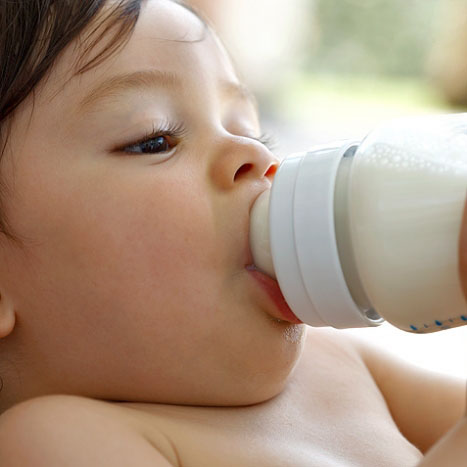 It is very good and right that you pay attention to such manifestations. But just do not rush to do anything: it is likely that everything is fine with the baby, and your actions can only harm him. Why does a newborn push, and what to do in this case? Let's try to figure it out. Not…
It is very good and right that you pay attention to such manifestations. But just do not rush to do anything: it is likely that everything is fine with the baby, and your actions can only harm him. Why does a newborn push, and what to do in this case? Let's try to figure it out. Not…
The child refuses the breast: the causes and recommendations of
complain
September 1, 2010 14:22 Breastophage of
Nobody needs to be convinced of the benefits, convenience and mutual pleasure (both for mom, and for mom and and for their mother, and for their mother. for a child) breastfeeding. But as lactation (milk production) becomes established, problems sometimes arise. One of the most unpleasant is that the child sometimes refuses the breast on his own. How the refusal of the breast manifests itself: the child does not take both breasts; Takes one breast well, does not take the other at all; sucks only in sleep, but refuses when awake; behaves uneasily at the breast: sucks a little, then quits, cries, starts sucking again, quits again, turns away, arches.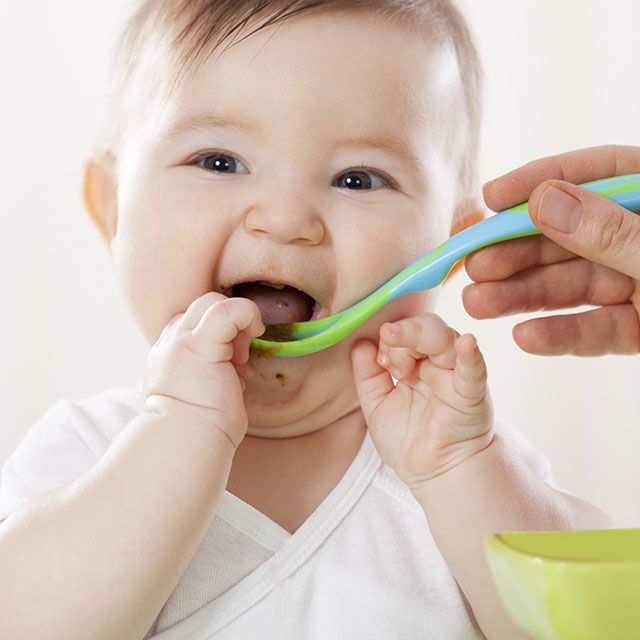 The main signs are mother's full breasts and ...
The main signs are mother's full breasts and ...
Article by Viktor Sergienko (Koshasty) “The right child”
Complain
April 26, 2013 00:27 at Personal journal
.9000 1 year and 9 months (Last edition - already 2 and a half years). I am often asked questions about life with children in the countryside, in nature. Many have some mythological ideas about this, unfounded fears, and simply the lack of normal adequate information. At the present moment, it is already safe to say that I have certain information about children that is worth sharing. For this purpose, this material is being written, which can be considered a definite addition to "http://vicsrg.ho.com.ua/stat/ogorod.htm", or it can be an independent text. For the most part my… 3 56244Baby refuses to breastfeed
Complain
22 December 2017 17:28 at Personal journal
Interesting article! Maybe someone will be interested, but someone will even help) ------> The child refuses to breastfeed. No panic! Sometimes, immediately after birth, the baby does not take the breast or sucks it for a very short time and quits crying. The same problems may arise some time after the successful start of breastfeeding: the baby suddenly begins to worry and refuses to breastfeed. If a strike occurs in a baby older than 4-6 months, many mothers quite calmly accept this situation as natural weaning and stop breastfeeding. Some, not knowing at all how to deal with it, express for a long time and feed the baby with breast milk ...
No panic! Sometimes, immediately after birth, the baby does not take the breast or sucks it for a very short time and quits crying. The same problems may arise some time after the successful start of breastfeeding: the baby suddenly begins to worry and refuses to breastfeed. If a strike occurs in a baby older than 4-6 months, many mothers quite calmly accept this situation as natural weaning and stop breastfeeding. Some, not knowing at all how to deal with it, express for a long time and feed the baby with breast milk ...
A terrible tale about stool and staphylococcus in a child
Complain
11 February 2015 10:38 at Personal journal Many of our local doctors, either from unwillingness to look for the true cause, or from ignorance of the concepts of microbiology, write off rashes, allergies, dermatitis, loose and (or) green stools, constipation, diarrhea, hiccups, vomiting, sleep disturbance, appetite, behavior, development ( underline the appropriate from the presented) - a mysterious and at the same time comprehensive diagnosis of DYSBACTERIOSIS.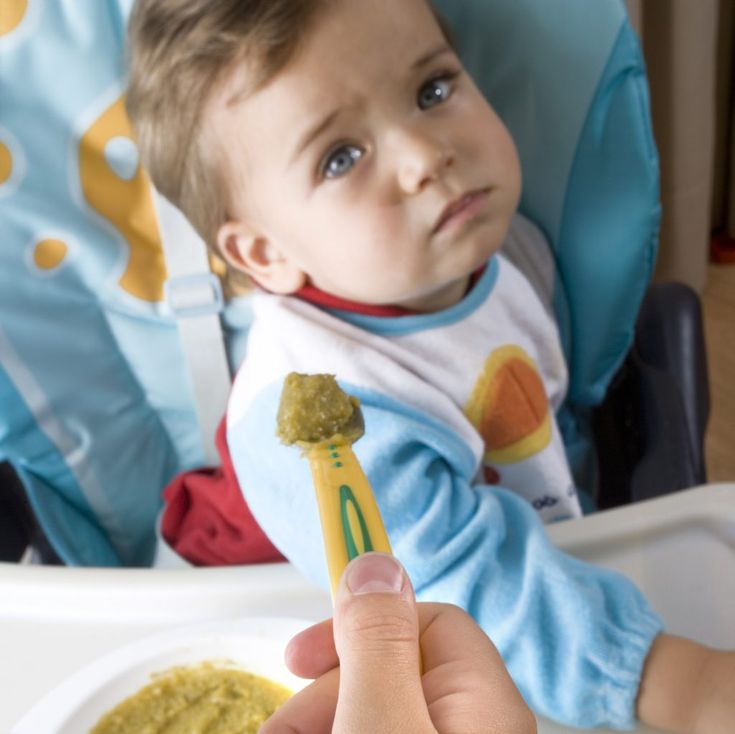 And they begin to stuff the unfortunate little creatures with tons of drugs, ranging from probiotics to intestinal antiseptics. At best, there is no sense; at worst, new misfortunes are added. And oh god!!! Staphylococcus is sown in the stool!!! The question is immediately asked ...
And they begin to stuff the unfortunate little creatures with tons of drugs, ranging from probiotics to intestinal antiseptics. At best, there is no sense; at worst, new misfortunes are added. And oh god!!! Staphylococcus is sown in the stool!!! The question is immediately asked ...
Feeding has become a nightmare :(((
Complain
November 24, 2010 08:16 at when he sleeps, everything is fine, there is also an angel in his arms, we bathe calmly, but as soon as we put him in the bed, he starts to grunt, wheeze, blush, arch, and this can last for an hour or two, while it can don’t cry, and all this continues also during feeding or dressing. I don’t know what to do, pooping and pissing normally, farting is also heard all the time. Feeding has become a nightmare, the nipple constantly releases, groans, wheezes, arches, searches again suck again, and all over again.Maybe someone had something similar?
1 3499 1 June 2021 19:10 at Personal Journal During feeding, I have a strong stream of milk and my daughter chokes, makes a sound, chokes and tries to take a sip of air. Colic. Restless sleep of the child. The advice of a neurologist helped us) Complain April 27, 2016 15:25 at Blog I will share my experience with you. The terrible word "colic" scared me even during pregnancy. I watched the releases of Dr. Komarovsky, educated myself and prepared to endure all the problems with firmness) Problems with the tummy began with us almost immediately. We all know that a baby is born with a sterile gastrointestinal tract. And time must pass until the necessary microflora is formed - and until that time, mothers are experiencing not the most pleasant moments. How do you put babies to sleep? The child does not sleep at all (((1 month) Because of colic, my daughter’s whole “regime” has gone astray, we don’t sleep at all during the day, 1 time on the street and then groans and wakes up, well, a maximum of 2 times if we still manage to put her to bed in the evening (((We are capricious, falls asleep at the chest , but as soon as I shift it wakes up, I go to sleep for days, it’s useless, I doze only in my arms, by the evening I don’t have any strength ... And the feedings turn out randomly, sometimes less than an hour passes, because the child starts to act up from the fact that he doesn’t sleep, well, plus the tummy still worries. Baby arching while feeding Complain 18 August 2016 18:56 at Baby health and nutrition Hello! My baby (we are 3.5 months old, but the problem was initially) bends in every possible way, groans, pushes, spins when feeding. A very rare occurrence is quiet feeding. Now she is on artificial feeding. Up to 3 months there was mixed feeding - the problem was the same. I thought that my daughter did not want to breastfeed so much ... But when they switched completely to the mixture, the problem remained. I think it's colic. But do colic occur immediately during feeding? I read that they start after 40 minutes after eating In a child on NE Complain 19 October 2017 16:07 at Personal journal is present. He himself can’t poop more than once a day, the rest of the time he has to help with gas venting, almost all the time he pushes, lets go, grunts, poop can’t be seen from him :( This happens almost all the time, both during feeding and during sleep for the last week. it feels like I will kill the baby soon… Complain October 14, 2010 2:36 pm at We were discharged at 1 month. At the time of discharge, the baby was healthy and came home. I treated him without much fanaticism. diapers. the bottles were doused with boiling water. feed when you want. gave Elkar (this is a type of vitamin - a tonic) - sometimes I missed these drops because they need to be given 30 minutes before meals. the baby was healthy and slept almost all the time And then a week later it started... 1) the worst diaper rash ... (although I changed the diaper and smeared it with cream) -Changed diapers to meris -changed diaper cream to sudocream -changed diaper napkins for hagis. (everything passed) - (often we just walk in diapers) 2) the eye festered. ... it feels like I will kill the baby soon… Complain October 14, 2010 2:36 pm at Personal journal 1 month. How to enter the feeding mode? Complain October 13, 2016 18:48 at Personal Journal The son begins to eat, 10-15 minutes pass, he passes out, throws the breast and does not take it. I put him to sleep (I just leave him next to me), after a couple of minutes he groans, I help him burp. Hop! He is again alert and ready to eat - we repeat everything. The child pulls the nipple and is capricious Complain October 15, 2013 11:14 PM Breastfeeding Good afternoon, Good afternoon, I really need help. My daughter has been 4 weeks, we seemed to be on Guards and milk. enough, it’s fat… But for the last week, maybe more after 10 minutes of active suckling, my daughter starts to grunt, pull the nipple, arch her back… feeding became some kind of torment… At first, after she started to pull the nipple, I held her in a column , she burped and I tried to give her the same breast again, she started to suck, but then everything repeated . How to understand that the child did not get enough sleep? Complain November 16, 2018 08:47 am at Personal Journal We are 10 weeks old. So far, the following routine has been formed: at 21:30-22:00 we fall asleep for the night, sleep until 4-5 in the morning, eat and fall asleep again until the morning. At night, I swaddle my son's hands, otherwise he starts waving them. I don’t change the diaper at night, I don’t turn on the light, I try to do everything very quickly, silently - we drank drops, ate, a dummy in my mouth and in the crib, my son falls asleep almost immediately. groan. It looks like it's pushing, but it's not. Watery chair in a monthly child Complain April 1, 2012 20:02 In Personal journal GV HB ... The child is very restless ... he grows ... groanes ... heals with legs and pens. .what it is?? I didn’t notice this before ... at the same time, watery stools have been around for 3-4 days ... and only 2 times a day! What is it? it didn't happen before either... there were no changes in my diet...0003 Complain April 23, 2020 10:49 am at Personal Journal Is it really that during breastfeeding she swallows so much air (although there are no sounds of clattering. She can’t sleep, she raises her legs, grunts and starts crying after a while, sometimes she cries when she farts, although the stool is daily and liquid (I do massages, and I tighten my legs, and we drink dill, and the child and I, espumizan and bobotik do not help (((really nothing will help( What about the baby?? Complain February 16, 2011 10:28 pm at Baby health and nutrition I'm going crazy for the third week. Baby wriggling at the breast Complain July 29, 2015 10:36 pm at Personal Journal Sometimes he crawls / scratches me with his feet. Sometimes grunts/is indignant. I see that there is something unsatisfactory. First baby problems - regurgitation, hiccups, colic Complain 11 September 2010 15:06 at First difficulties, joys associated with digestion The most common problems in babies: regurgitation, vomiting, hiccups, colic (abdominal pain), food allergies, violation of the nature and frequency of stools, constipation, diarrhea (diarrhea). First infant problems - regurgitation, hiccups, colic Complain September 11, 2010 15:06 at Personal journal First infant problems associated with digestion. The most common problems in babies: regurgitation, vomiting, hiccups, colic (abdominal pain), food allergies, violation of the nature and frequency of stools, constipation, diarrhea (diarrhea). Regurgitation is a type of vomiting, but it occurs easily, without effort. At the same time, a small amount (5 - 30 ml) of milk is released after a short period of time after feeding in the form of runoff or a weak eruption of semi-digested milk. First baby problems - regurgitation, hiccups, colic Complain September 11, 2010 3:10 pm at Baby's health and nutrition Baby's first problems with digestion. The most common problems in babies: regurgitation, vomiting, hiccups, colic (abdominal pain), food allergies, violation of the nature and frequency of stools, constipation, diarrhea (diarrhea). Regurgitation is a type of vomiting, but it occurs easily, without effort. At the same time, a small amount (5 - 30 ml) of milk is released after a short period of time after feeding in the form of runoff or a weak eruption of semi-digested milk. Don't worry, in most cases this is a natural process. The baby can burp when being changed, turned over, and even during feeding: he sucks, turns away, spit up and takes the breast again. Can the stomach hurt due to mixed feeding?? Complain September 1, 2010 17:52 at Personal journal In my opinion, the baby’s tummy has become stronger and more often, he cannot poop normally, he constantly groans during feeding and after. A friend said that the doctor advised her not to torment the child with ST and switch to a completely artificial one ... The child became calmer and the stool returned to normal ... What do you think about this? This page contains the most popular posts and comments of our users on the topic "Baby groans during feeding." This will help you quickly get an answer to your question, and you can also take part in the discussion. Learn and participate Baby.ru clubs are a treasure trove of useful information 30 steps to strong immunity! Happiness is when everyone is healthy! protect the child? Infectionist about vaccinationsGynecologist about COCs and not onlyGame: assemble a first aid kit for a childFirst aid for SARSFirst first aid kit for a babyGallery of spots for your baby With the birth of a long-awaited baby, parents feel not only indescribable joy, but also a huge responsibility for a small "ball of happiness". Every respectable family tries to create the most comfortable living conditions for their child and does everything possible so that nothing threatens his health. But without difficulties, as you know, it is not possible to raise a child. The most common concerns are crying, colic and abdominal pain. Many are worried that the baby is constantly pushing and groaning, even while in a dream. To identify the root cause, you need at least a little understanding of what this may be due to. Our task is to deal with this problem and find out why this is happening. All babies begin to make incomprehensible sounds during defecation and become very tense. There is nothing terrible and frightening in this if there are no other signs of discomfort (fever, crying, screaming, convulsions, bloody mucus). Colic usually appears in the third week of a child's life and can last up to a year. Every second parent faces this problem, because the baby's intestinal tract is not yet developed. A nursing mother needs to select the menu more carefully so as not to provoke colic. Be sure to exclude products that cause severe gas formation. It is advisable to give your baby drinks that improve digestion. An infant constantly pushes, makes grunting sounds and spit up if air enters the intestines along with food. It is recommended to keep the baby in an upright position after each feeding. Then put it on its side so that when burping, the baby does not choke on the milk mixture. Periodically put it on the tummy, it is in this position that gas generation occurs better, and the muscle tissue of the peritoneum is also strengthened. The problem of changing the normal bowel habit is becoming common. As a rule, bowel movements are carried out every few days and with great difficulty. The baby is constantly pushing and groaning, while blushing and crying. The root cause is an unsuitable milk formula (for artificial ones), a disturbed diet in the mother (the use of prohibited foods), the frequent use of laxatives, the use of enemas and pathologies of the intestinal tract. Only a doctor with a full examination can diagnose the problem. Solving it on your own and finding out why the newborn groans and strains in a dream is dangerous for the life of the child. Do not get carried away with enemas, suppositories and laxatives, as they wash out beneficial substances from a growing body. Always pay attention to the behavior and habits of your child. If you notice that the child is constantly pushing, crossing his legs and straining heavily during emptying, then this is the first alarm signal about possible gastrointestinal disorders. If the baby is mixed or breastfed, then the mother should keep track of her menu. It is better to choose an adapted mixture on the advice of a doctor and try not to change it. Physical activity and massage also help relieve constipation. Neurologists and pediatricians advise the child to do gymnastics daily: bending the legs, "biking", stroking the tummy (clockwise). The correct technique will be taught by a specialist. Many doctors recommend giving your baby products containing lactulose. The drug normalizes the microflora and has a mild laxative effect. In the first months of life, a baby can be treated with carminative medicines, but only as prescribed by a specialist. The baby sleeps most of the time and this is considered normal. At the same time, sleep should be calm and not intermittent. It is considered quite natural when a child sobs, grunts and sniffs. This indicates the presence of intestinal problems. The cause can also be infectious and nervous diseases. It is possible that he was simply overfed, or vice versa - he wants to eat. Keep your room at a comfortable temperature for a restful and restful sleep. Ventilate the room regularly, it may be stuffy for the baby. Lack or lack of fresh air, physical activity and emotional warmth negatively affect the child's condition. Try to observe the regime of rest and feeding, especially up to a year. Do not forget to follow hygiene: after each emptying, wash, change diapers and lubricate the folds with cream. Often, sniffling and grunting is caused by tingling of the hairline on different parts of the body. This irritates the delicate skin of the baby, provokes discomfort and anxiety. Wash the baby with a decoction of string, chamomile or potassium permanganate before going to bed, wear clothes made of natural fabric. If the baby groans and pushes around the clock for a long time, then do not hesitate to contact the local pediatrician. Try to remember how long all the baby's sound exclamations last, how much he tenses up and when this is most often observed. Also pay attention to accompanying signs or their absence. All this information is extremely important during the examination. It is possible that the body of a newborn is adapting to new living conditions. Usually grunting stops when the digestive work is adjusted. But even if your baby is cheerful, cheerful and eats well, you should not postpone a visit to the doctor. It will not be worse. The pediatrician will recommend suitable remedies for the prevention of intestinal disorders and colic. Here we found out why the newborn groans and pushes, and also described the main reasons leading to such a problem. She makes the same sound during sleep, day and night. Pushing, grunting, then this sound. Who had a similar one? This was not the case before. I will tell the doctor, but I do not think that they will help me somehow. I hope you understand what kind of sound, sorry, but you can compare it with a creaky cart. Here's how to explain to the doctor so that he understands?! 0 23372
She makes the same sound during sleep, day and night. Pushing, grunting, then this sound. Who had a similar one? This was not the case before. I will tell the doctor, but I do not think that they will help me somehow. I hope you understand what kind of sound, sorry, but you can compare it with a creaky cart. Here's how to explain to the doctor so that he understands?! 0 23372 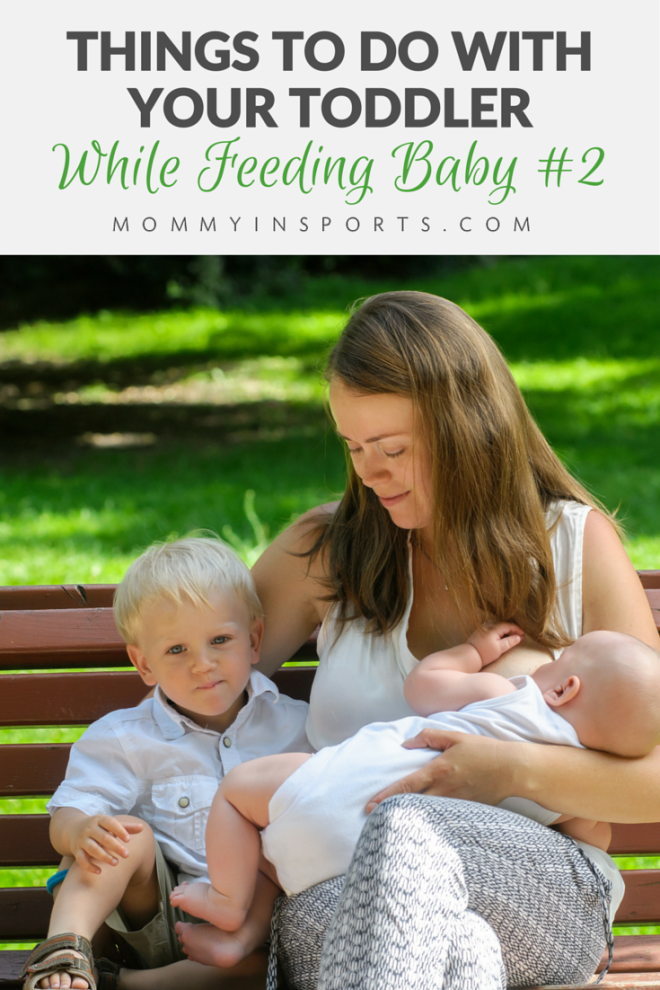 As such, we didn’t have colic, or rather, we didn’t have their classic symptoms. The stomach bothered us almost all the time. The first problem was gas formation. Due to the underdeveloped flora in the intestine, fermentation occurs, the formation of opportunistic flora, the child ...
As such, we didn’t have colic, or rather, we didn’t have their classic symptoms. The stomach bothered us almost all the time. The first problem was gas formation. Due to the underdeveloped flora in the intestine, fermentation occurs, the formation of opportunistic flora, the child ...  What to do?I read that at this age the child should be awake for a maximum of 1-1.5 hours, i.e. CO ...
What to do?I read that at this age the child should be awake for a maximum of 1-1.5 hours, i.e. CO ... 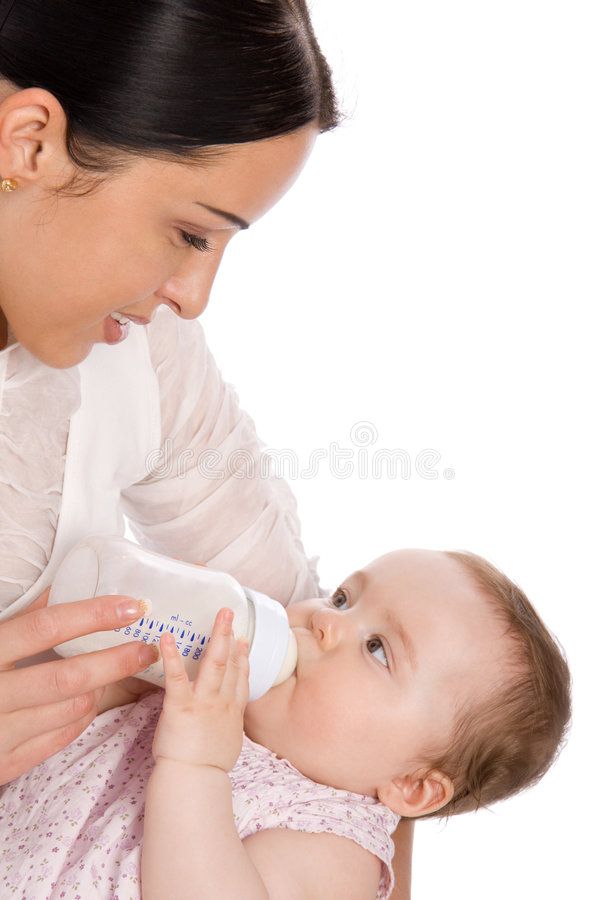 I haven't changed the menu, only gas outlets are better for him for a while.0003 1 176
I haven't changed the menu, only gas outlets are better for him for a while.0003 1 176  at the time of discharge, the baby was healthy and arrived home. I treated him without much fanaticism. diapers. bottles doused with boiling water. fed when she wants. gave Elkar (this is a type of vitamin - a tonic) - sometimes I skipped these drops because they need to be given 30 minutes before meals. The baby was healthy and slept almost all the time, and after a week it started ..... 1) the worst diaper rash ... (although I changed the diaper and smeared it with cream) -changed diapers to meris, -changed diaper cream to sudocream, -changed diaper wipes to hagis. 2) the eye is festering. the optometrist said...
at the time of discharge, the baby was healthy and arrived home. I treated him without much fanaticism. diapers. bottles doused with boiling water. fed when she wants. gave Elkar (this is a type of vitamin - a tonic) - sometimes I skipped these drops because they need to be given 30 minutes before meals. The baby was healthy and slept almost all the time, and after a week it started ..... 1) the worst diaper rash ... (although I changed the diaper and smeared it with cream) -changed diapers to meris, -changed diaper cream to sudocream, -changed diaper wipes to hagis. 2) the eye is festering. the optometrist said...  In general, we hang on the sis for 40-50 minutes, but we never go to sleep normally. It turns out that I feed almost in an hour, but I would like in 2-3. I can't sleep because of this. If I fall asleep during feeding, he can also fall asleep after 5 minutes, if he is not encouraged and forced to suck. I can't even go to the toilet0003 0 34620
In general, we hang on the sis for 40-50 minutes, but we never go to sleep normally. It turns out that I feed almost in an hour, but I would like in 2-3. I can't sleep because of this. If I fall asleep during feeding, he can also fall asleep after 5 minutes, if he is not encouraged and forced to suck. I can't even go to the toilet0003 0 34620 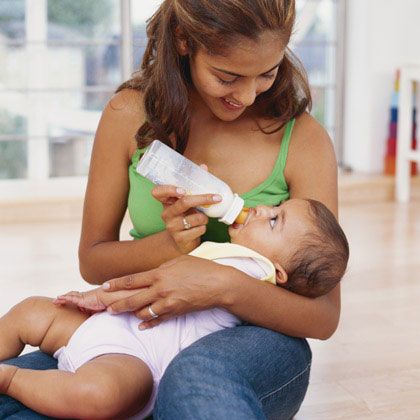 .. As a result, I found a way out - to give her another breast. She began to actively suck again and after 15 minutes, she released her breast herself ... I don’t know whether it’s right or not to give two breasts at such an early age, because there is enough milk to give one breast ... T. ...
.. As a result, I found a way out - to give her another breast. She began to actively suck again and after 15 minutes, she released her breast herself ... I don’t know whether it’s right or not to give two breasts at such an early age, because there is enough milk to give one breast ... T. ...  At the same time, he sleeps first, then you can open your eyes. It takes an hour to make such sounds, then it starts to whimper. I take him, but I already feed him “in the morning”: I free my hands, change diapers, before feeding on my stomach, I can talk ...
At the same time, he sleeps first, then you can open your eyes. It takes an hour to make such sounds, then it starts to whimper. I take him, but I already feed him “in the morning”: I free my hands, change diapers, before feeding on my stomach, I can talk ...  In the morning we wake up cheerful, cheerful, laughing, laughing. We eat well all day. But closer to dinner, tantrums, yells and squeals begin. He wants to hang only on his mother and constantly walk, only then he is silent. She doesn't lie alone for a minute. We were 3 months old yesterday, 2 weeks old, since she started trying to roll over from her back to her stomach and trying to crawl. Actively trains and screams constantly. Whether from zeal, or something hurts, I don’t understand. Almost flipped over today. During feeding (not every time, but often) she starts to cry and writhe, pull her legs up to her stomach. The chair is not every day, I have already started to give dufalac, but today I put a gas outlet tube, the gas came out, went ...
In the morning we wake up cheerful, cheerful, laughing, laughing. We eat well all day. But closer to dinner, tantrums, yells and squeals begin. He wants to hang only on his mother and constantly walk, only then he is silent. She doesn't lie alone for a minute. We were 3 months old yesterday, 2 weeks old, since she started trying to roll over from her back to her stomach and trying to crawl. Actively trains and screams constantly. Whether from zeal, or something hurts, I don’t understand. Almost flipped over today. During feeding (not every time, but often) she starts to cry and writhe, pull her legs up to her stomach. The chair is not every day, I have already started to give dufalac, but today I put a gas outlet tube, the gas came out, went ... 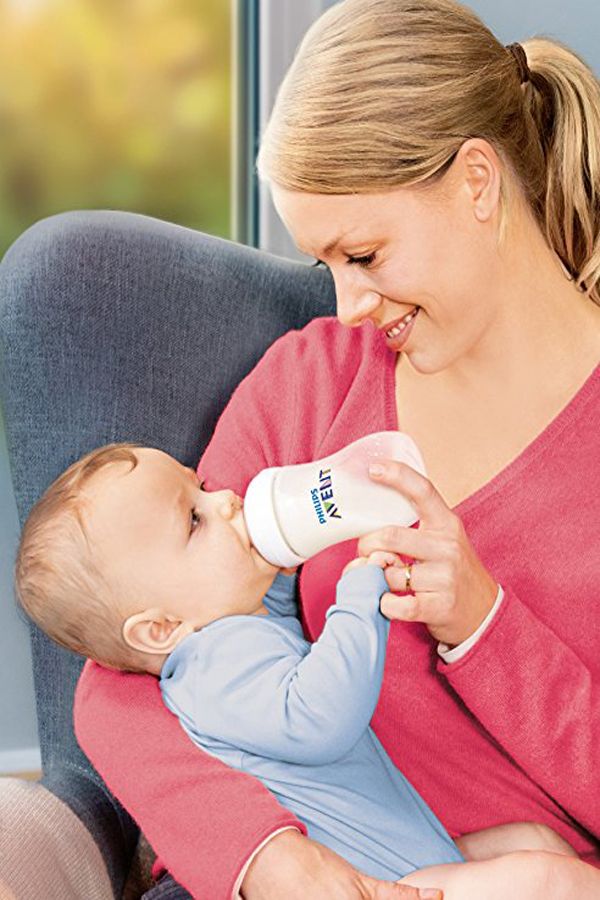 He sucks, gets nervous, lets go of the nipple, starts to cry, and grabs his breasts again. I have thoughts about milk all the time. It seems that I read that there is always milk in the breast and I really want to be sure that she has enough of it. When she acts like that, I just go crazy. She literally hangs on her chest. I don't know about weight gain. Weighed after discharge from the hospital. Now to the pediatrician only at the end of August. In general, I do not know what to think. I dream of breastfeeding for a long time. How to feed so that milk is well produced? Ran…
He sucks, gets nervous, lets go of the nipple, starts to cry, and grabs his breasts again. I have thoughts about milk all the time. It seems that I read that there is always milk in the breast and I really want to be sure that she has enough of it. When she acts like that, I just go crazy. She literally hangs on her chest. I don't know about weight gain. Weighed after discharge from the hospital. Now to the pediatrician only at the end of August. In general, I do not know what to think. I dream of breastfeeding for a long time. How to feed so that milk is well produced? Ran…  Regurgitation is a type of vomiting, but it occurs easily, without effort. At the same time, a small amount (5 - 30 ml) of milk is released after a short period of time after feeding in the form of runoff or a weak eruption of semi-digested milk. Don't worry, in most cases this is a natural process. The baby can burp when being changed, turned over, and even during feeding: he sucks, turns away, spit up and takes the breast again. All this is the result…
Regurgitation is a type of vomiting, but it occurs easily, without effort. At the same time, a small amount (5 - 30 ml) of milk is released after a short period of time after feeding in the form of runoff or a weak eruption of semi-digested milk. Don't worry, in most cases this is a natural process. The baby can burp when being changed, turned over, and even during feeding: he sucks, turns away, spit up and takes the breast again. All this is the result…  Don't worry, in most cases this is a natural process. The baby can burp when being changed, turned over, and even during feeding: he sucks, turns away, spit up and takes the breast again. All this is the result…
Don't worry, in most cases this is a natural process. The baby can burp when being changed, turned over, and even during feeding: he sucks, turns away, spit up and takes the breast again. All this is the result…  All this is the result…
All this is the result… The baby constantly pushes and grunts.
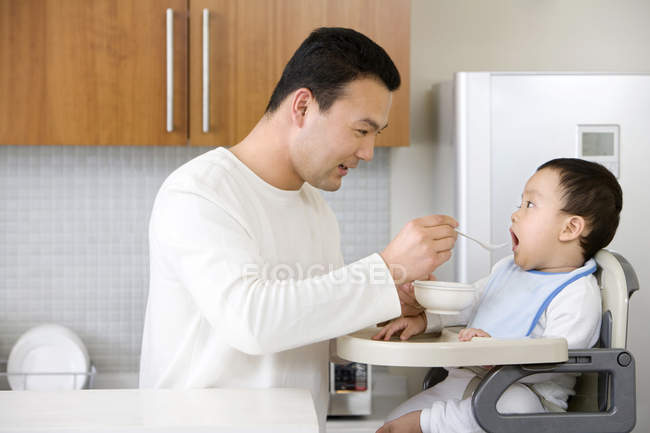 Why does a newborn groan and push in a dream, during feeding?
Why does a newborn groan and push in a dream, during feeding?  If such behavior is observed constantly - both day and night, accompanied by grunting and straining, then most likely something is bothering the child. In this way, the baby expresses emotions and sensations. The most common reasons include:
If such behavior is observed constantly - both day and night, accompanied by grunting and straining, then most likely something is bothering the child. In this way, the baby expresses emotions and sensations. The most common reasons include:
Intestinal colic
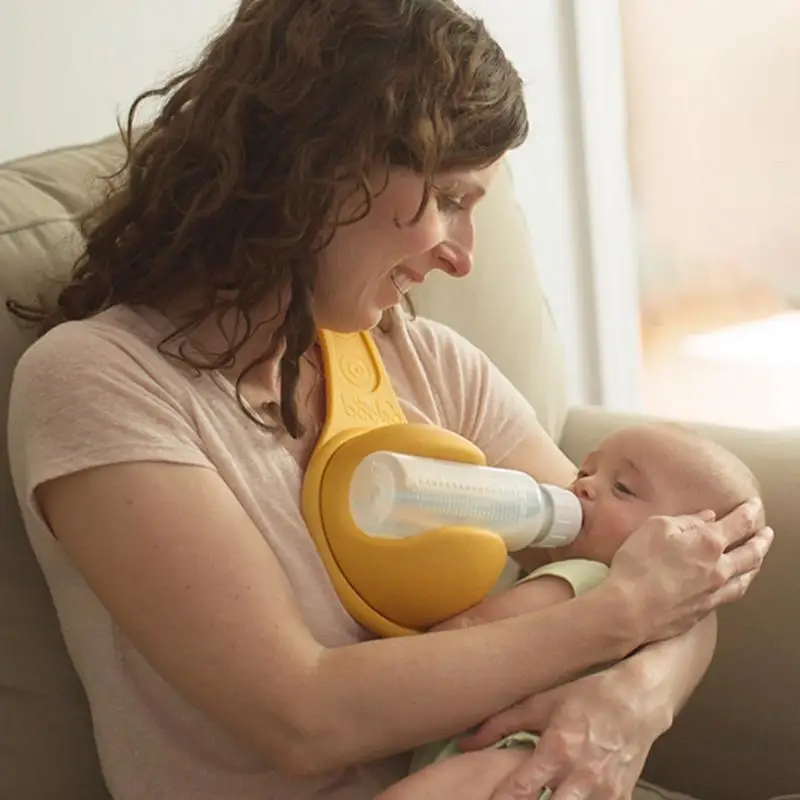 These cramping attacks in the abdomen are combined with the following symptoms: poor appetite, frequent regurgitation, tightening of the legs, altered bowel movements, vomiting, flatulence, weight loss, belching. The child grunts and pushes all night, and also cries from pain.
These cramping attacks in the abdomen are combined with the following symptoms: poor appetite, frequent regurgitation, tightening of the legs, altered bowel movements, vomiting, flatulence, weight loss, belching. The child grunts and pushes all night, and also cries from pain. Swallowing air

Stool retention
How to prevent constipation?
 To avoid this, strictly control the diet, monitor the amount of fluid you drink, and do not introduce complementary foods before six months.
To avoid this, strictly control the diet, monitor the amount of fluid you drink, and do not introduce complementary foods before six months. 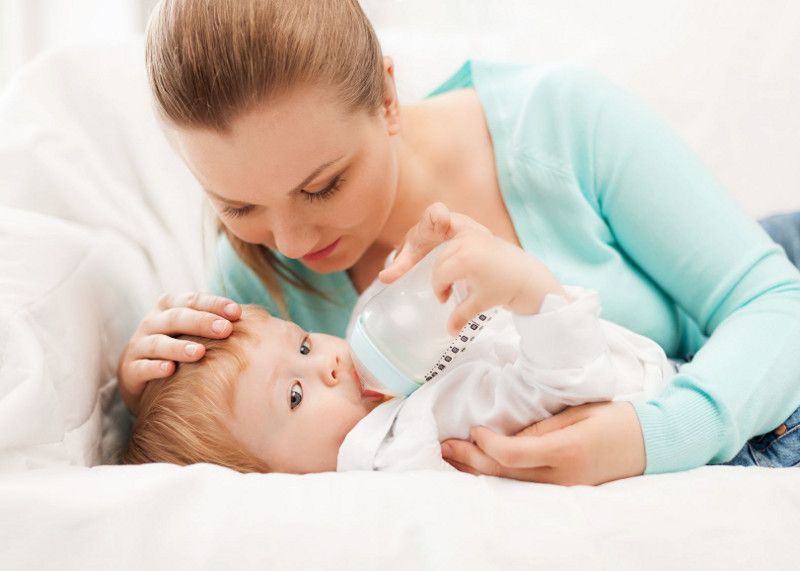 The bad signs are tension, constant crying and tucking up of the legs.
The bad signs are tension, constant crying and tucking up of the legs.  Traditional medicine recommends lubricating irritated areas with honey. This advice is not for everyone. Better check with your pediatrician.
Traditional medicine recommends lubricating irritated areas with honey. This advice is not for everyone. Better check with your pediatrician. When to contact a pediatrician?
Afterword
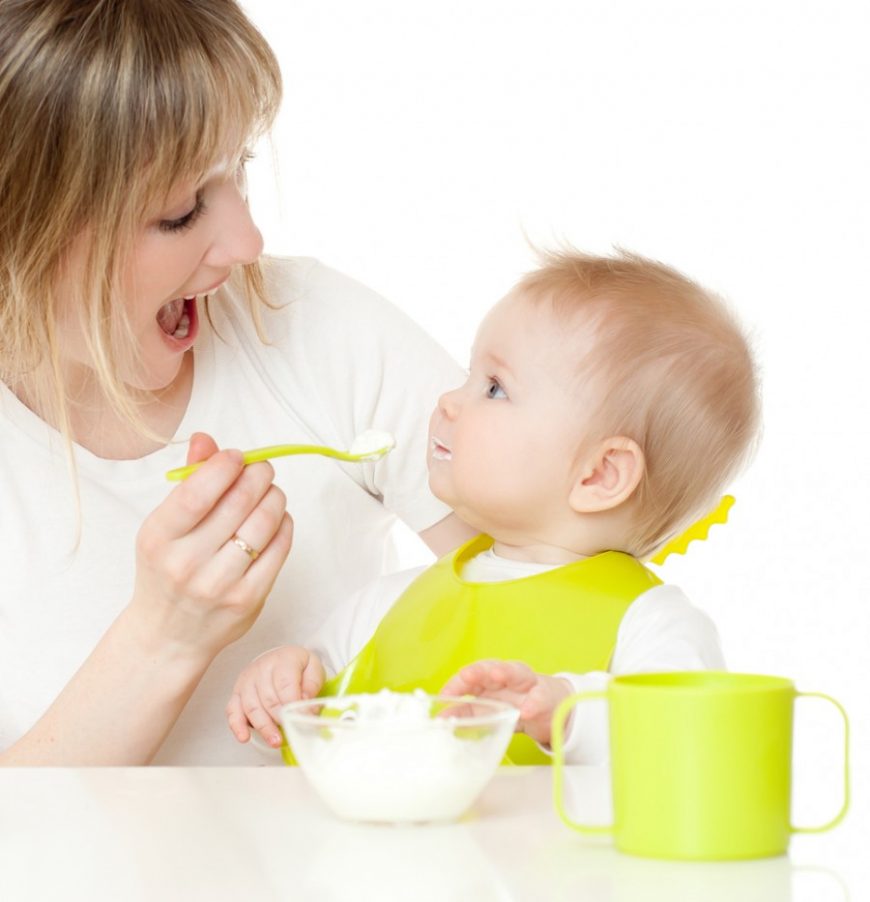

 Trapped Intestinal Gas Due to Immature Digestion
Trapped Intestinal Gas Due to Immature Digestion See our section on infant gas relief for more information.
See our section on infant gas relief for more information.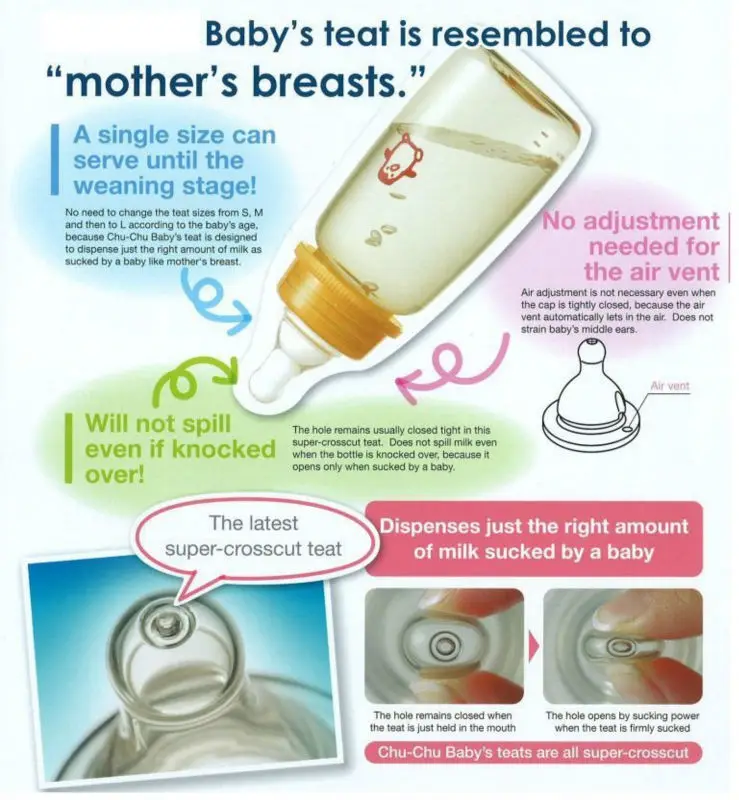

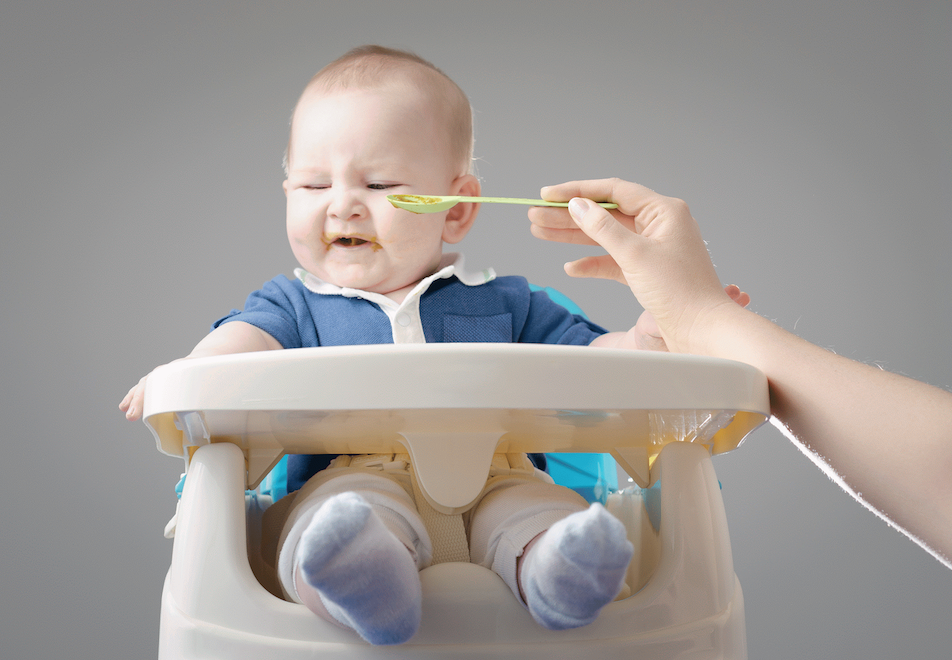 The lactose intolerant baby is unable to produce sufficient quantities of the enzyme lactase required to break down and digest this sugar properly. Instead, bacteria in the gut feast on undigested lactose causing excess quantities of gas, bloating and even diarrhea.
The lactose intolerant baby is unable to produce sufficient quantities of the enzyme lactase required to break down and digest this sugar properly. Instead, bacteria in the gut feast on undigested lactose causing excess quantities of gas, bloating and even diarrhea.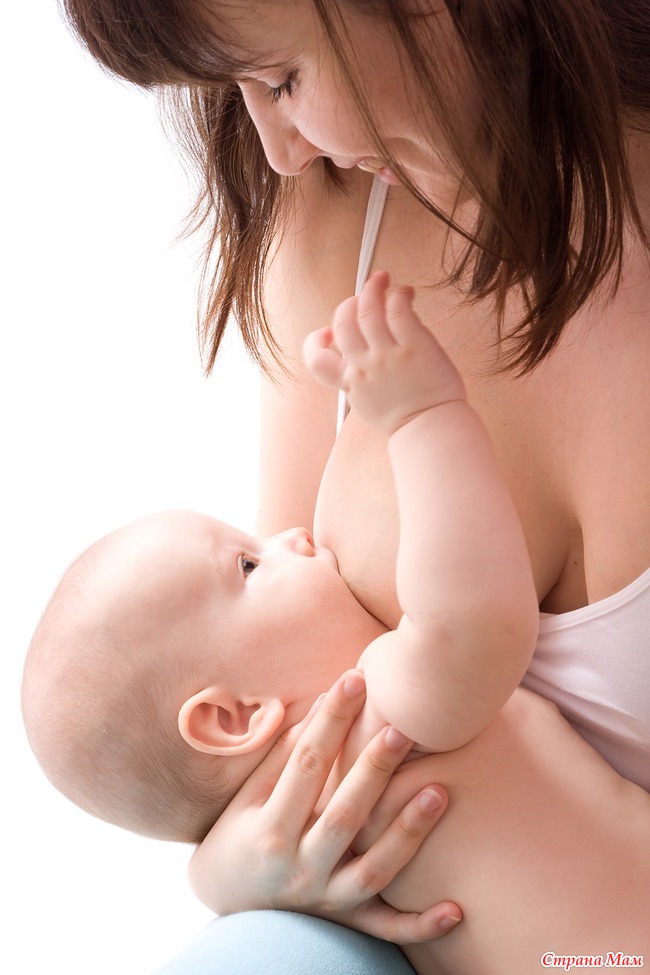
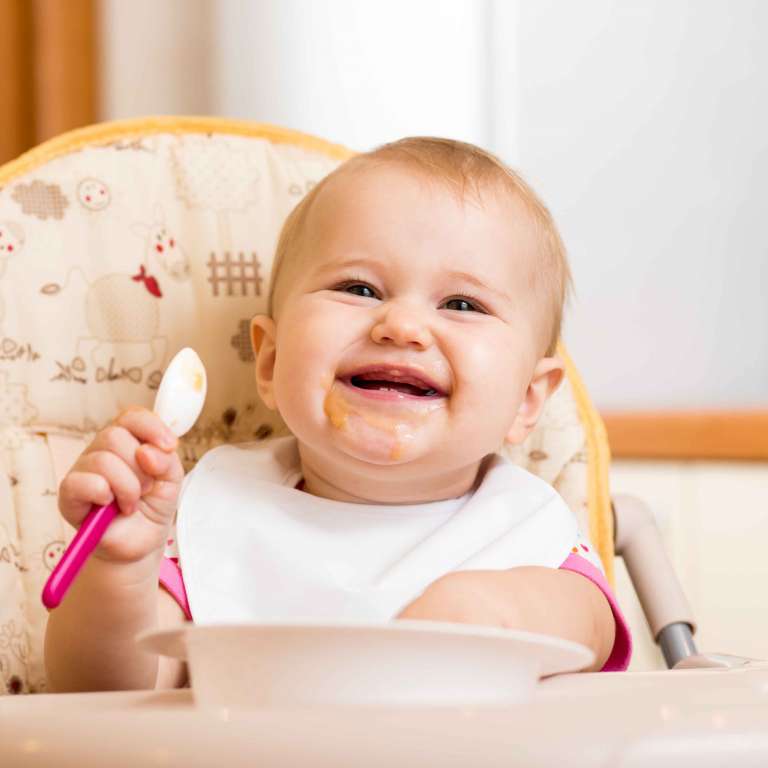 In addition, Dr. Karp suggests that the absence of rich sensations available in the womb may be causing baby distress.
In addition, Dr. Karp suggests that the absence of rich sensations available in the womb may be causing baby distress.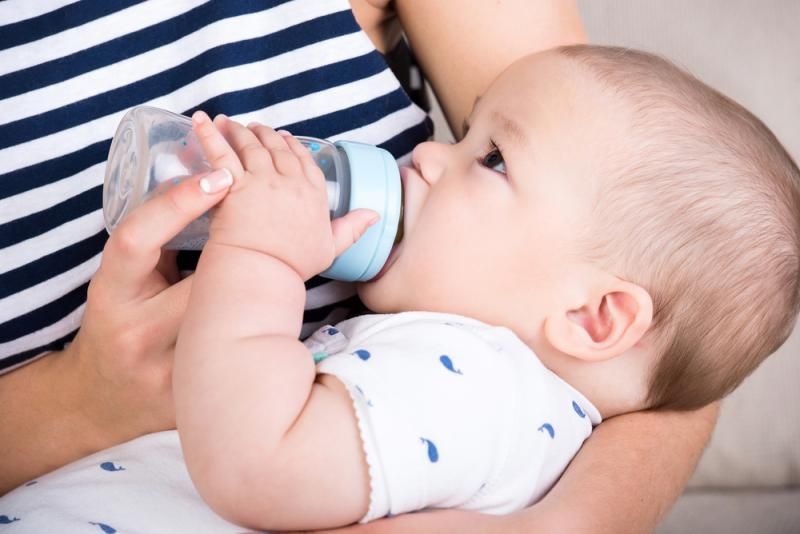 Other variants of this theory are that babies biorhythms have not yet established in early infancy, baby’s enteric nervous system is learning to function, or that baby is experiencing anxiety due to maternal separation.
Other variants of this theory are that babies biorhythms have not yet established in early infancy, baby’s enteric nervous system is learning to function, or that baby is experiencing anxiety due to maternal separation.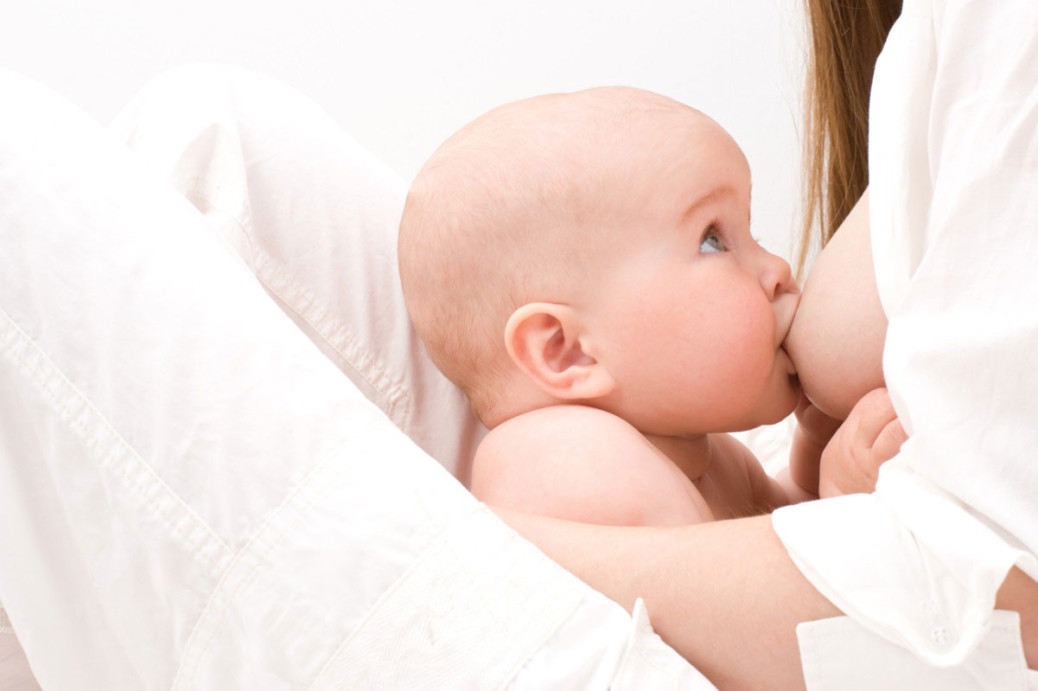
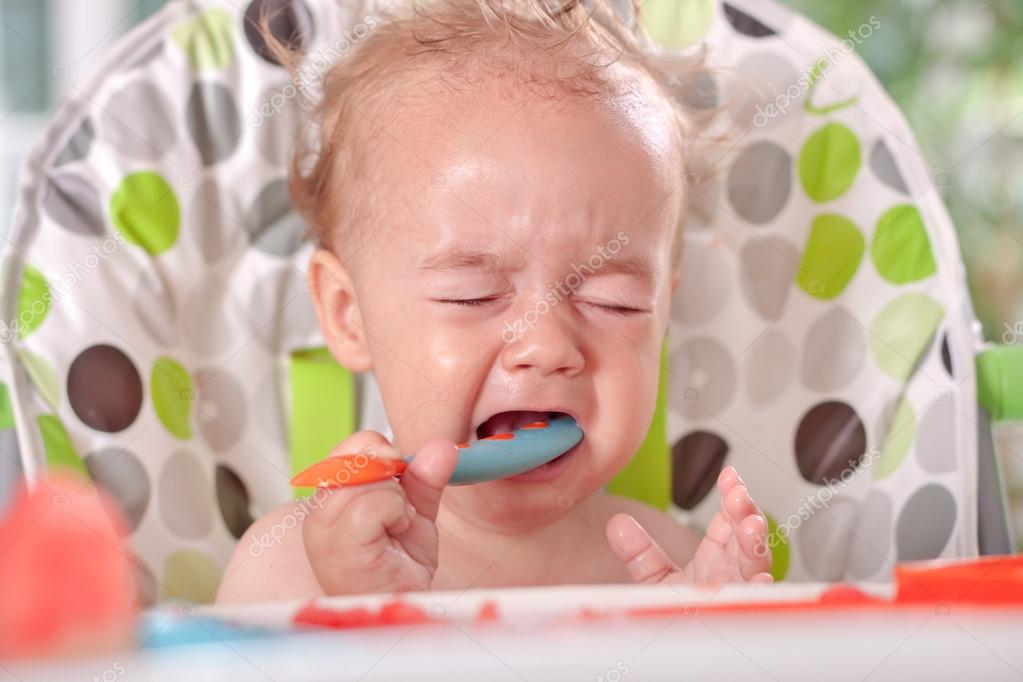 Since babies are born with a clear and pristine gut, it takes them several months to accumulate adequate levels of these flora to aid in their digestion of milk and formula.
Since babies are born with a clear and pristine gut, it takes them several months to accumulate adequate levels of these flora to aid in their digestion of milk and formula.
